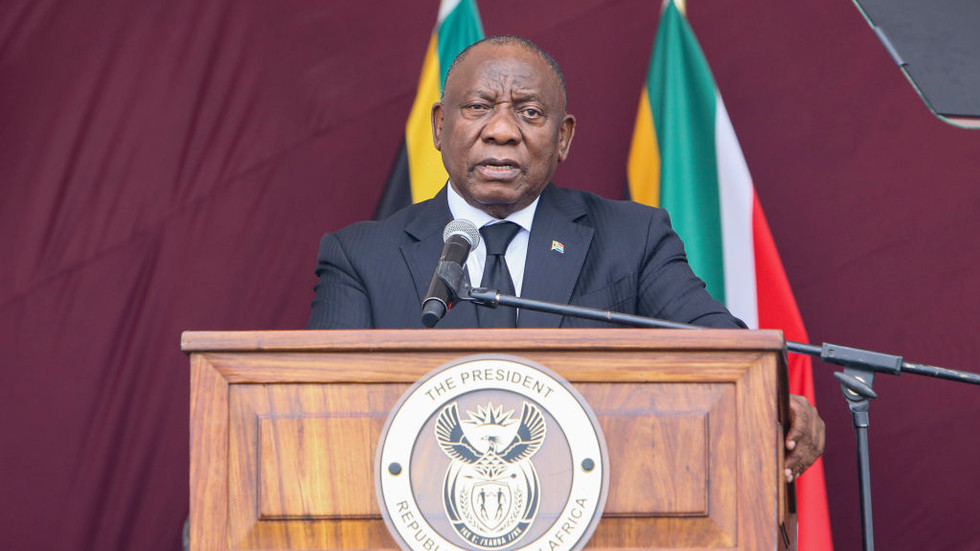Syria's president, Bashar Assad, met with Iranian Supreme Leader Ayatollah Ali Khamenei in Tehran on Thursday and expressed his condolences over the death of Iranian President Ebrahim Raisi in a helicopter crash, Iranian state media reported.
Raisi was killed on May 19 when his helicopter crashed in heavy fog while flying through a mountainous region northwestern Iran.
Assad also offered condolences for Foreign Minister Hossein Amirabdollahian, who was killed in the crash along with Raisi.
Also on Thursday, the US boycotted a United Nations tribute to President Raisi, saying he was "involved in numerous,
horrific human rights abuses."
The UN General Assembly traditionally meets to pay tribute to any world leader who was a sitting head of state at the time of their death.
Iran begins presidential campaign process
Assad's visit comes as Iran opens a five-day registration period for potential candidates hoping to run in a June 28 presidential election to replace Raisi.
Raisi was a hardliner who had been seen as a potential successor to Ayatollah Khamenei.
Candidates for his replacement remain to be seen. However, all candidates must be approved by the 12-member "Guardian Council," which is a panel of clerics and jurists overseen by Khamenei that all but ensures any candidate will stand behind the Islamic Republic's policies.
Death of Iran's president draws mixed reactions
Strong Iran-Syria ties
On Thursday, Assad and Khamenei said Iranain-Syrian ties were strong, according to a statement by the Syrian presidency.
Raisi's death came during a tense time for Iran at home and abroad.
The Iranian regime continues to grapple domestically with a widespread civil rights protest movement sparked by the death of Jina Mahsa Amini.
The war in Gaza has also drawn focus to Iran's continued arming of proxy groups in the Middle East like Yemen's Houthi rebels and Lebanon's Hezbollah militia. Tehran also backs the Hamas militant group in Gaza, who were responsible for the October 7 terror attacks on Israel.
In April, Iran launched a drone and missile attack on Israel that it says was in response to an Israeli strike on an Iranian consular building in the Syrian capital, Damascus.
Even before the current conflict in Gaza, Israel, whose existence is not recognized by Iran, mounted regular attacks on what it has described as Iranian targets in Syria.
Iranian proxy militias, along with Russia's military intervention, played a crucial role in helping Assad's regime take the upper hand in Syria's civil war, which was sparked by mass pro-democracy demonstrations in 2011.
The conflict has killed more than half a million people, while displacing millions of civilians and destroying wide swathes of Syria's infrastructure and industry.
Assad has been accused of being complicit war crimes, and was long a pariah on the global stage. But starting around 2023, when Syria was allowed back in to the Arab League after a 12-year suspension, he started making more regular public appearances and foreign trips again.
Can Assad be charged with war crimes?
wmr/msh (AP, Reuters)

 5 months ago
23
5 months ago
23









